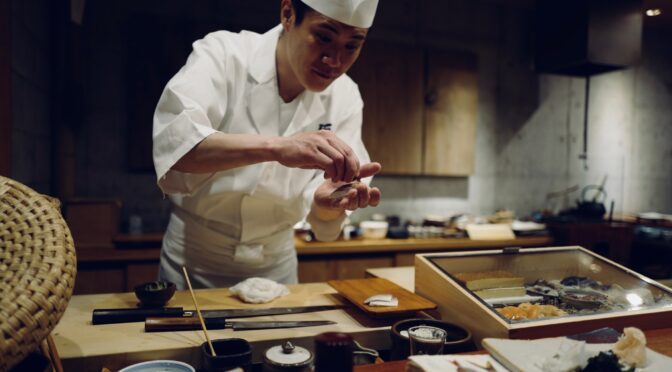There once were three evil brothers; giants, Asuras they were. The eldest Śūrapadmā, Simhamukhāsura with a thousand heads and two thousand hands, and Tārakāsura, who had an elephant head. Having performed penance, Śūrapadmā and his brothers received an invincible boon from Lord Shiva. But tempted by greed and desiring power, they began wreaking havoc, enslaving humans and oppressing Devas and driving them out of heaven, for the boon bestowed protection, and no hurt except for the power of Lord Shiva could befall and maim them. The three brothers soon reigned over heaven, hell and earth.
Facing an endless and losing battle, the tortured Devas came before Lord Shiva in complete surrender, and prayed for a heroic leader whose skills would surpass the evil Asuras. Answering their prayers, Lord Shiva opened his third eye, sending six divine sparks of fire that were deposited in the Saravana Poigai by Agni, the God of Fire. The sparks of fire eventually transformed into six babies, and were raised by six celestial nymphs: Dula, Nitatni, Abhrayanti, Varshayanti, Meghayanti and Chipunika.
Then, one day, Lord Shiva and Goddess Parvathi Devi came to the river, and the latter embraced her children, turning them into one, and in so doing birthed the incarnation of Lord Shiva as his second son: the six-faced Murugan with twelve hands. And when Murugan entered adolescence, he was tasked with the subjugation of Śūrapadmā and his brothers.
So Murugan marched with his army to Tiruchendur, and demanded the release of the Devas. The brothers refused, and a terrible war broke out. Because Murugan was weaponed with Vel, a divine spear gifted to him by his mother, the very embodiment of her power, he was formidable in war. Tārakāsura had created an illusionary mountain where he trapped many Gods. Murugan hurled his Vel and tore the mountain asunder, and then slayed him. Through the thousand heads of Simhamukhāsura he drove his Vel, and smote him.
On the sixth day of war when all his comrades had fallen, Śūrapadmā transmuted himself and took the form of a mango tree. Undeceived, Murugan hurled his Vel into the tree, and spilt it. One remnant became a peacock, and the other a rooster. Victorious, Murugan took the peacock as his vahana, or vehicle, and the rooster became an emblem on his flag.
A portmanteau of the name of the month “Thai” and the name of a star “pusam”, Thaipusam is a day dedicated to Lord Murugan, specifically the occasion where Goddess Parvathi gifted him the Vel. This is a pageantry of flower garlands, strikingly colourful sarongs exalting ornate deity pendants and deafening, ground-shaking music. But belying this majestic grandeur is solemnity: devotees seek repentance on this day. Because Lord Murugan is a dispenser of favours, those who have made vows to Him must prove their gratitude by performing the Kavadi Attam, or Burden Dance. Before a devotee can attempt the Kavadi Attam, both his mind and body must be pure. Prior to Thaipusam, he must adhere to a vegetarian diet and observe celibacy for forty-eight hours.
















